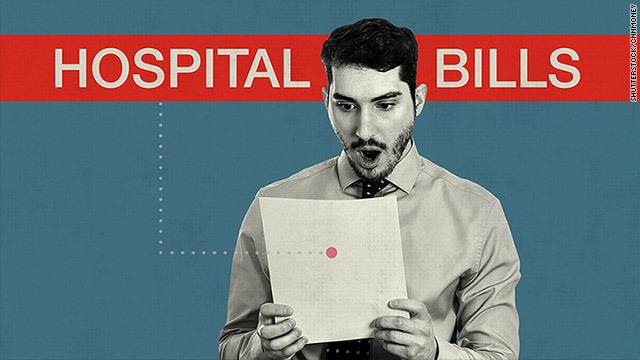Spare the Rod? Is Spanking a Child Harmful or Helpful? – Part 4 – Does spanking teach a child that anger and frustration justify the use of physical force?
October 7, 2009Do you want more back and foot pain? Wear heels!
October 7, 2009Bloomberg News is reporting that while both Democrats and Republicans are asserting in the healthcare debate that “prevention saves money.” However, “economists and policy analysts who study the issue have a different message: Sorry, it doesn’t work that way.”
Two economists Bloomberg quotes “both say the expense of more tests for more healthy people exceeds the savings generated by early treatment of the cases caught.”
They note that while “early intervention is desirable … since no one wants to neglect a treatable disease. It just won’t cure the chronic condition of rising healthcare costs.”
Analysts at the Congressional Budget Office, the nonpartisan arm of Congress charged with estimating the costs of legislative proposals, say that wellness programs may help control health-care spending.
They also caution that research on that topic is scant. Studies are more conclusive on services such as cancer screening and cholesterol management, and most of the time they raise medical spending overall, the CBO says.
An article in the New England Journal of Medicine in February 2008 tried to tease out fact from fiction in the discussion of preventive care. The authors examined 599 peer- reviewed studies that measured the cost-effectiveness of specific preventive measures.
Colon cancer screening saved money when it targeted men ages 60 to 64, the authors reported, as did flu vaccinations for toddlers.
However, intensive anti-tobacco programs for seventh and eighth graders did not. Diabetes screening for all 65-year-olds, as opposed to just those with high blood pressure, did not save money.
The report concluded that preventive care will sometimes cut health-care expenses, mostly when targeted to narrow, high- risk populations.
“Sweeping statements about the cost-saving potential of prevention, however, are overreaching,” the authors wrote.
You can read more about this topic in my blog, Health Myth #10: Preventive Medicine Saves Money.



